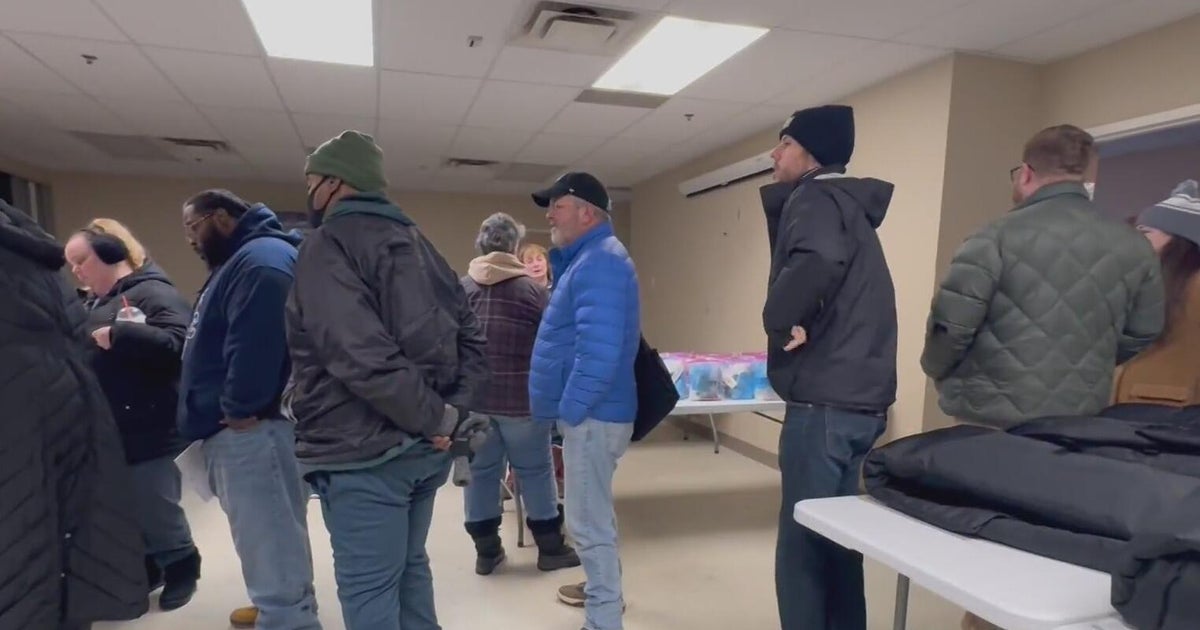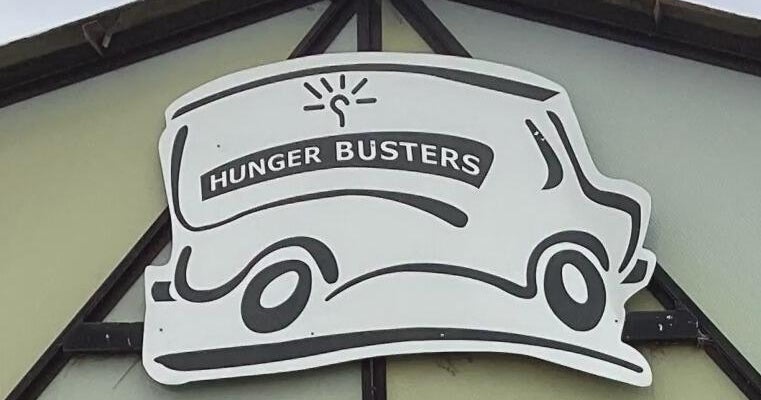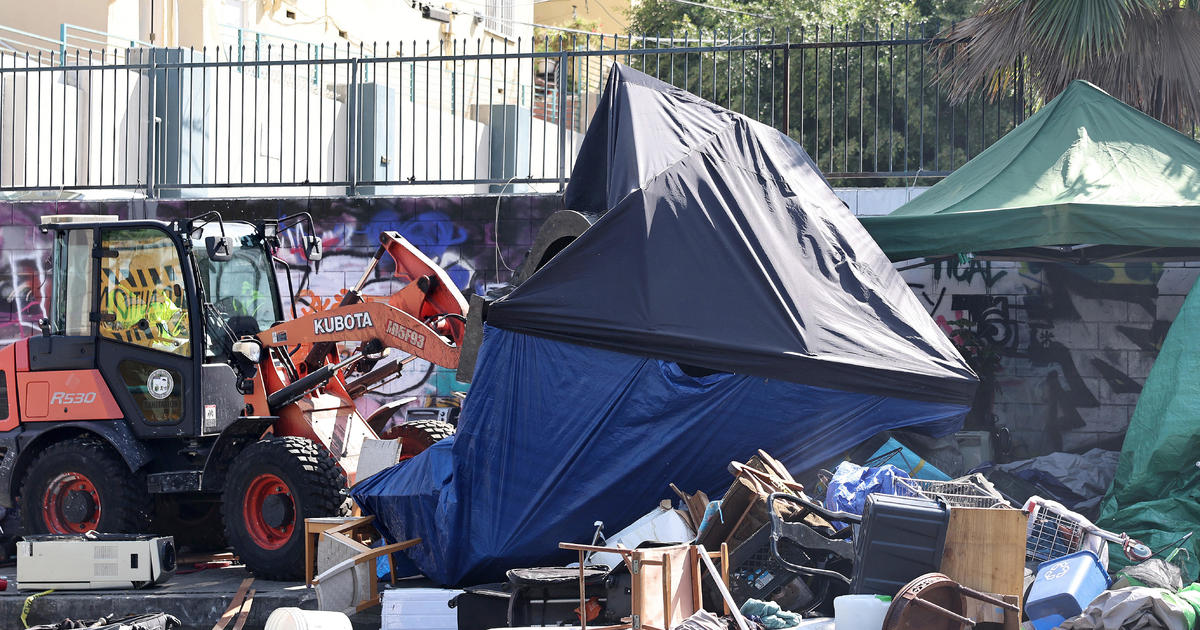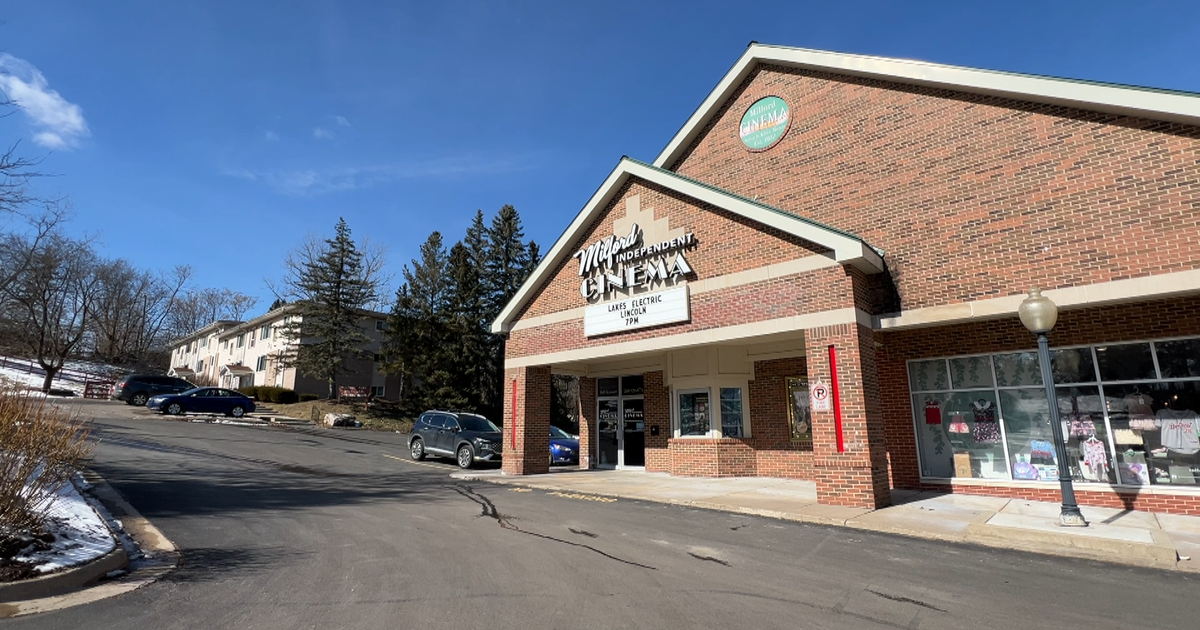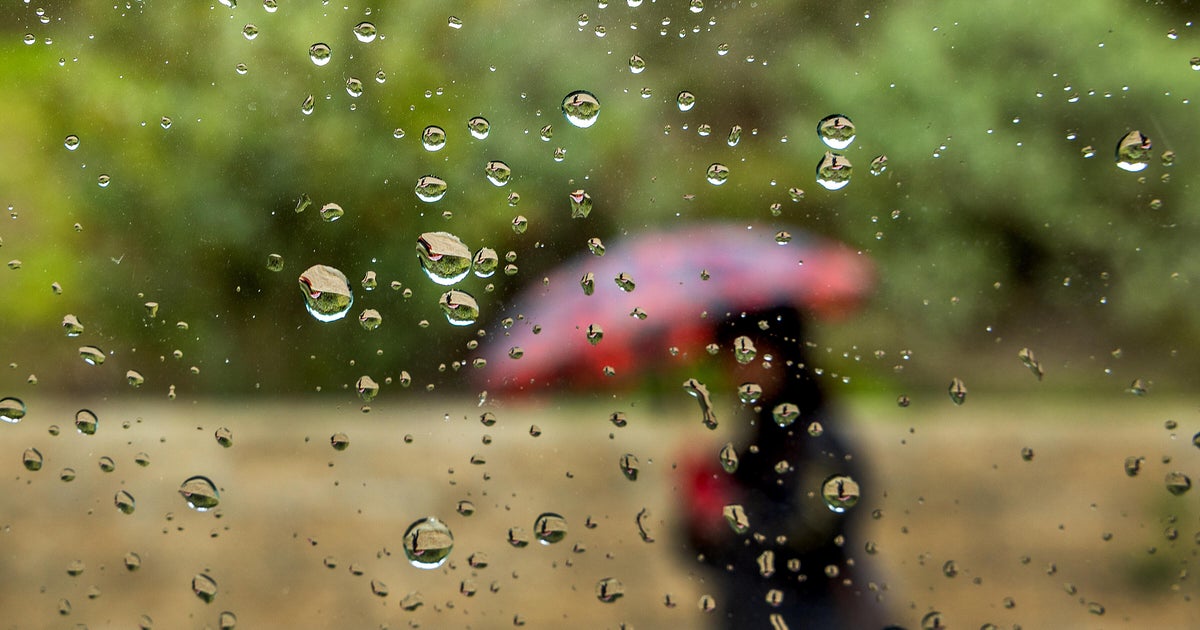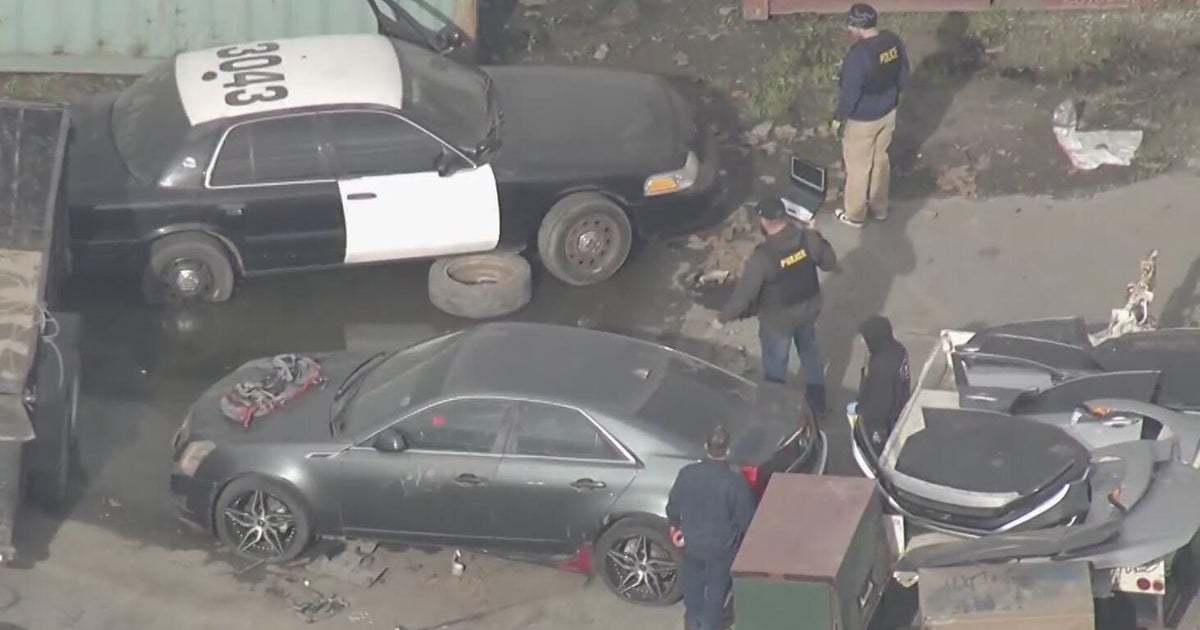Nonprofit gives inner-city kids a chance to experience the great outdoors
A former teacher from Oakland is opening up new experiences for city teens through nature.
Growing up in Mexico, Caesar Barragan spent weekends sleeping under the stars, hiking hills, and soaking in the mist from waters off the coast of Baja.
"The first time you put together a camping tent it's like being on another planet," said Barragan.
Barragan, a former public school teacher, turned his passion for the outdoors into what is becoming his lifelong mission. He is bringing the joy of nature to inner-city children in Oakland, many of whom see more concrete in a day than green for most of their lives.
Barragan is executive director of Brothers on the Rise. It's a non-profit catering to marginalized neighborhoods in Oakland.
"When they're outdoors they forget about their worries and problems. It gives them a rest," said Barragan.
Not only do reservations for some of the state's idyllic and most sought after campsites have to get booked half a year in advance in a lottery-like system, there are other roadblocks too.
"There are clear barriers like money, equipment, and transportation," said Barragan.
The National Parks Service's most recent survey found just 13% of visitors in 2018 were Latino. A 2020 analysis by Conservation Science Partners found that 67% percent of Latinos live in a nature-deprived area, with little access to parks.
It's why Barragan coordinates trips, hikes, kayaking and more for children and their families.
"All those activities together create a new mindset," said Barragan.
He's breaking barriers one trail at a time, bringing the joy of nature to some kids who need it the most.
"You feel less stressed out than when you're in the city," said program participant Angel Sevioa.
"It's different because you're in relationship with place, to each other, and in relationship with yourself," said Barragan.
He says it's like being on another planet when there's nothing but sky above them.
National data shows the Latino population is one of the fastest growing demographics in the United States, but among the most underrepresented in conservation, outdoor recreation, and environmental education.
